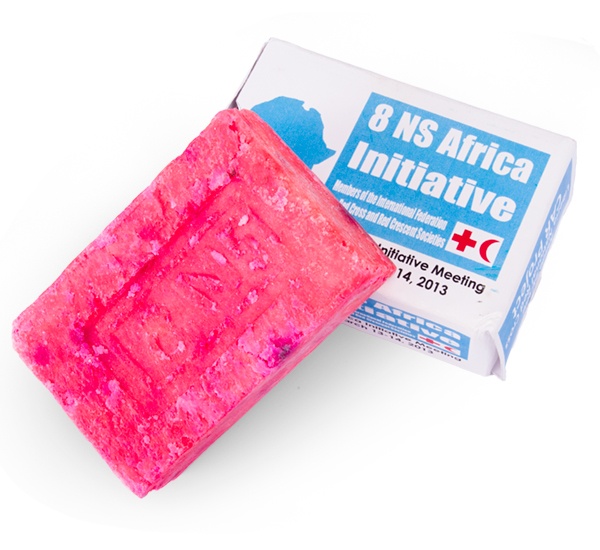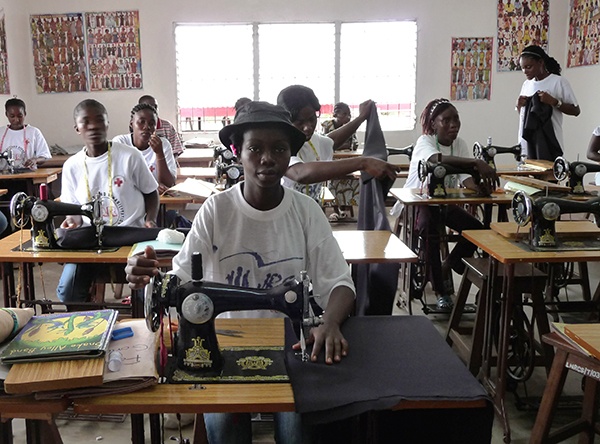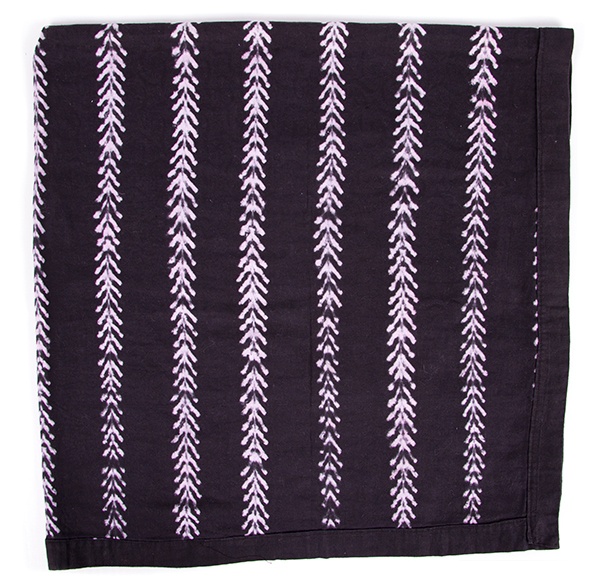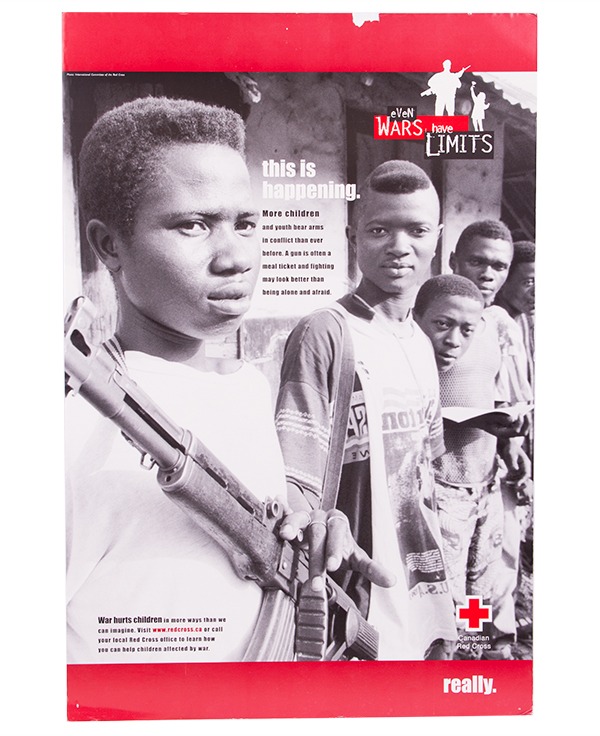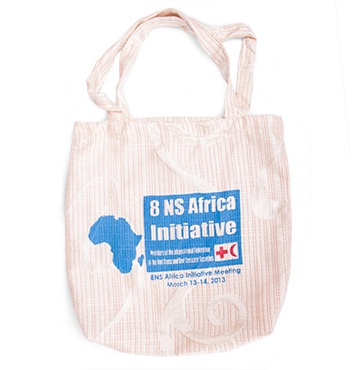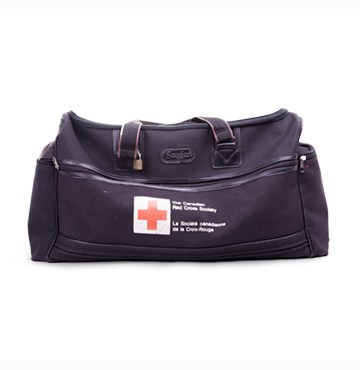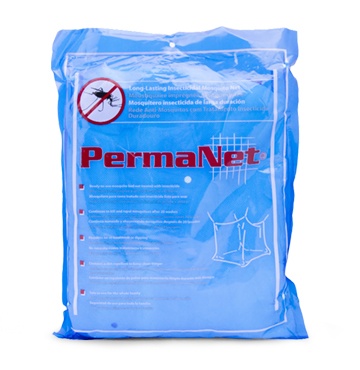Child Advocacy and Rehabilitation Bar of Soap
The United Nations defines a child soldier as “any person below 18 years of age who is, or who has been, recruited or used by an armed force or armed group in any capacity, including but not limited to children, boys and girls, used as fighters, cooks, porters, spies or for sexual purposes.” From the early 2000s, the Canadian Red Cross has assisted in international efforts to aid youth who had been pressed into service or physically maimed during the long civil conflicts in Liberia and Sierra Leone.
In both countries, Child Advocacy and Rehabilitation (CAR) projects were launched to address the large number of youths left on their own. Lacking education, skills, and families to go back to, many in Liberia took to surviving on the streets via theft and looting. In Sierra Leone, some girls were rejected by surviving family members due to their perceived status as “bush wives” who were forced into marriage.
CAR graduates have brought important skills to the community which members formerly had to travel many miles to find.
The initial CAR project launched near Waterloo in Sierra Leone in 2001, and expanded to several other areas over the course of the decade. Basic education and skills training were provided to enable survivors to learn trades ranging from masonry to soap making. Group sessions allowed participants to discuss their traumas and work on projects that improve the physical and mental health of their communities, as well as discover peaceful methods of resolving conflicts.
A 2010 Red Cross report on CAR work in Liberia (which was assisted by Canadian-based Pindoff Millennium Funds) provided a glimpse into the project’s success stories, including a former abductee who became the only tailor in her village. “As well as being happier and better educated young people,” the report observed, “the CAR graduates have brought important skills to the community which members formerly had to travel many miles to find.”
The United Nations defines a child soldier as “any person below 18 years of age who is, or who has been, recruited or used by an armed force or armed group in any capacity, including but not limited to children, boys and girls, used as fighters, cooks, porters, spies or for sexual purposes.” From the early 2000s, the Canadian Red Cross has assisted in international efforts to aid youth who had been pressed into service or physically maimed during the long civil conflicts in Liberia and Sierra Leone.
In both countries, Child Advocacy and Rehabilitation (CAR) projects were launched to address the large number of youths left on their own. Lacking education, skills, and families to go back to, many in Liberia took to surviving on the streets via theft and looting. In Sierra Leone, some girls were rejected by surviving family members due to their perceived status as “bush wives” who were forced into marriage.
CAR graduates have brought important skills to the community which members formerly had to travel many miles to find.
The initial CAR project launched near Waterloo in Sierra Leone in 2001, and expanded to several other areas over the course of the decade. Basic education and skills training were provided to enable survivors to learn trades ranging from masonry to soap making. Group sessions allowed participants to discuss their traumas and work on projects that improve the physical and mental health of their communities, as well as discover peaceful methods of resolving conflicts.
A 2010 Red Cross report on CAR work in Liberia (which was assisted by Canadian-based Pindoff Millennium Funds) provided a glimpse into the project’s success stories, including a former abductee who became the only tailor in her village. “As well as being happier and better educated young people,” the report observed, “the CAR graduates have brought important skills to the community which members formerly had to travel many miles to find.”

